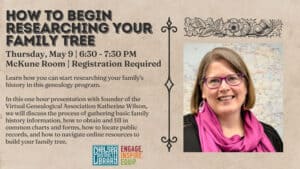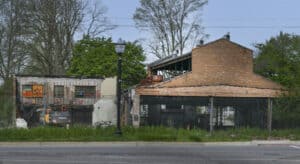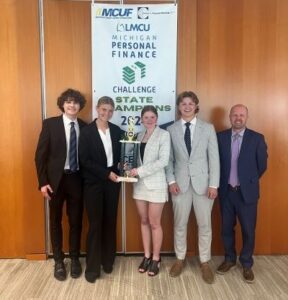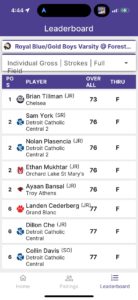![]() The Chelsea SRSLY Coalition was recently awarded $625,000 from Drug-Free Communities Support Programs in grant funds to involve and engage the local community to prevent substance use among youth.
The Chelsea SRSLY Coalition was recently awarded $625,000 from Drug-Free Communities Support Programs in grant funds to involve and engage the local community to prevent substance use among youth.
Michael Botticelli, director of National Drug Control Policy, recently announced $85.9 million in grants for 698 Drug-Free Communities (DFC) Support Programs across the country.
“The evidence-based prevention work led by local DFC community coalitions is critically needed to reduce youth substance, particularly in the midst of the national prescription opioid and heroin epidemic,” Botticelli said.
The grants will provide funding to local community coalitions for preventing youth substance use, including prescription drugs, marijuana, tobacco, and alcohol.
“Our goal is to make Chelsea a safe and drug-free place for our youth,” said SRSLY Coalition Director Jesse Kauffman. “Prevention is a powerful tool to counteract prescription drug misuse and other youth substance use in our community, and we will use this funding to help youth in Chelsea make healthy choices about substance use.”
“The Drug-Free Communities Support Program makes a vital difference at the community level – reaching out to people where they live with the help they need to prevent substance use,” said SAMHSA Principal Deputy Administrator Kana Enomoto.
“SAMHSA is honored to join the Office of National Drug Control Policy in working with community coalitions across the nation to create healthy and drug-free environments for children, youth, and families,” Enomoto said.
DFC’s 2014 National Evaluation Report showed a significant decrease in past-30-day use of prescription drugs among youth in DFC communities.
The report also found a significant decrease in past-30-day use between the first and most recent data reports for alcohol, tobacco, and marijuana use among middle school and high school youth in DFC communities.
Prescription drug misuse prevention is one of the core measures of effectiveness for local DFC coalitions, and coalitions nationwide have led innovative opioid prevention initiatives.
The Drug-Free Communities (DFC) Support Program, created by the Drug-Free Communities Act of 1997, is the nation’s leading effort to mobilize communities to prevent youth substance use.
Directed by the White House Office of National Drug Control Policy (ONDCP), in partnership with the Substance Abuse and Mental Health Services Administration (SAMHSA), the DFC Program provides grants to community coalitions to strengthen the infrastructure among local partners to create and sustain a reduction in local youth substance use.
The DFC Program provides grants of up to $625,000 over five years to community coalitions that facilitate youth and adult participation at the community level in local youth drug use prevention efforts.



















